How to Compare Accounting Software for Your Accounting Firm
Learn the four key criteria that will help you cut through the jungle of accounting apps and choose the best one for your professional practice.
Eleven is an AI-powered accounting platform designed for firms managing multiple entities or currencies, offering automation, advanced reporting, and scalable accounting features.
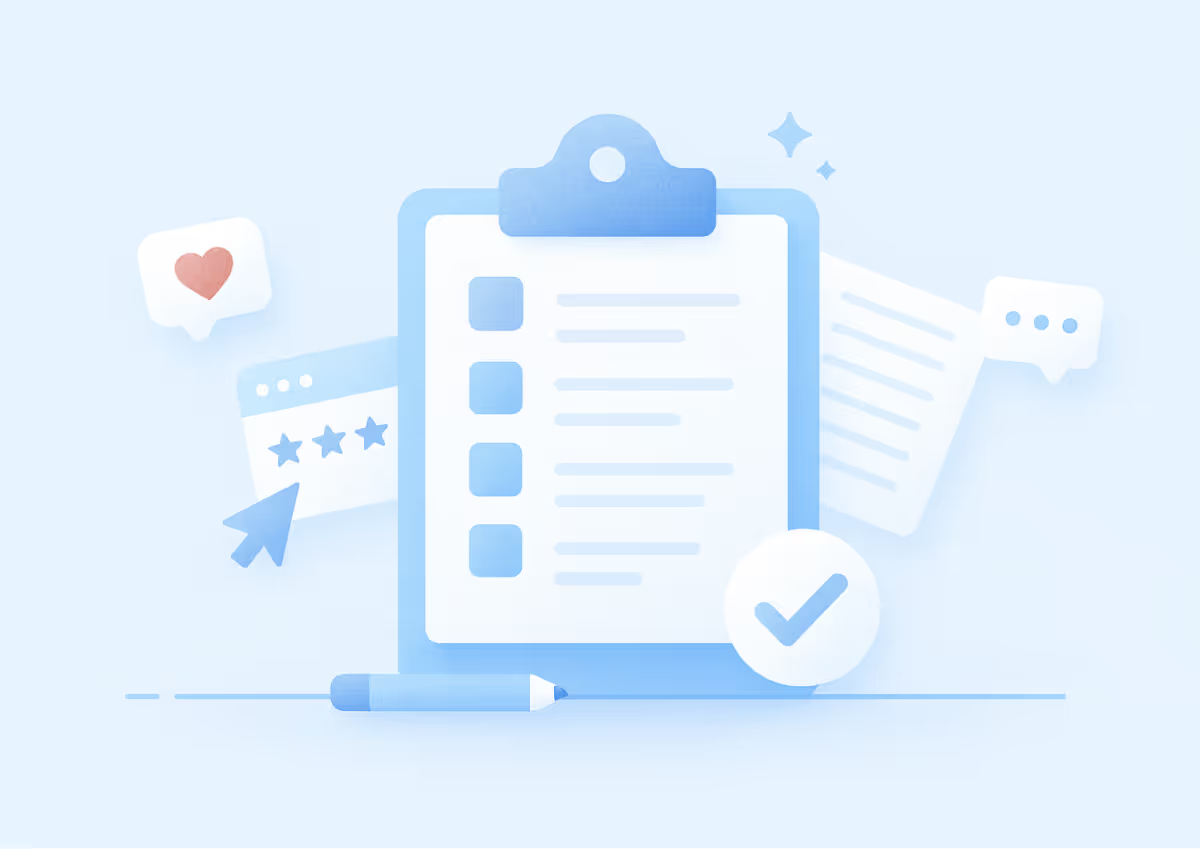
This Eleven review covers this accounting software’s most important features, including use cases, pros, and cons. This tools is the perfect addition for your CPA firm or family office. Let us tell you why.
In this article
Choosing the perfect AI accounting software as an accountant could define your success.
Eleven allows you to move to a strategic role by automating routine processes and allowing you to manage multiple clients worldwide.
With this Eleven review, we’ll help you take a look into the tools features, pros, and cons.
Eleven is a cloud-based, AI accounting software platform that was designed for accounting firms with the support of accountants.
It automates routine bookkeeping tasks, consolidates data across multiple clients or companies, supports multi-currency operations and provides scalable general ledger functionality.
Eleven is built to transform the role of the accountant, from manual number-cruncher into strategic advisor, by automating repetitive workflows and freeing up capacity for analysis and client service.
Unlike traditional accounting platforms, Eleven uses AI and automation to handle repetitive tasks such as invoice processing, bank reconciliation, and data entry, enabling accountants to focus on analysis, advisory, and strategic decision-making.
With Eleven you can process invoices or billing in just 10 seconds with AI accuracy around 96%.
The platform supports multi-company and multi-currency management, making it ideal for firms that manage multiple clients, subsidiaries, or international operations. Eleven also includes a scalable general ledger, a native document management system, and advanced reporting and analytics tools, allowing users to maintain accurate records, ensure compliance, and generate insights in real time.
Eleven combines the efficiency of automation with the flexibility required for complex accounting practices, helping firms reduce manual work, improve accuracy, and deliver faster, more actionable financial insights to clients.
Eleven is primarily designed for CPA firms and family offices.
CPA firms and accounting practices manage multiple client entities or subsidiaries, so they benefit the most from Eleven’s multi-company interface.
With Eleven, you can switch between clients without leaving the platform and you can handle large transaction volumes without losing speed and responsiveness.
Eleven is not only built for accounting firms, it’s also designed with family offices in mind.
Family offices typically manage complex financial structures spanning multiple legal entities, such as trusts, holding companies, SPVs, and operating businesses, often across different countries .
These organizations require sophisticated accounting tools to handle their unique needs.
Eleven caters for family office accountants and financial professionals by addressing multi-entity structures, multi-currency operations, alternative assets, consolidation, security, and dedicated support, illustrated with a real-world case of a $5 billion family office migrating to Eleven.
Eleven has an entire tool stack packed with AI-powered features that can handle your accounting.
These are simply some of our favorites.
Eleven’s multi-currency accounting feature supports over 170 currencies. You can record, reconcile, and report transactions in multiple currencies seamlessly.
Exchange rates are updated automatically, and the platform calculates realized and unrealized foreign exchange gains or losses in real time.
Each journal entry or invoice can include currency-specific values, and consolidated reports can be generated in a chosen base currency.
Take, for example, a family office that needs to manage investment entities in the U.S., Europe, and Singapore.
Eleven would keep the books in USD, EUR, and SGD and automatically convert transactions to a reporting currency.
This means all financial statements reflect accurate FX adjustments with no spreadsheet work.
Eleven automates bank feed imports and PDF statement uploads, using AI to match bank transactions to accounting entries.
The system identifies deposits, withdrawals, and recurring payments, linking them automatically to invoices, bills, or journal entries.
This means you can review, approve, or adjust matches directly from the reconciliation dashboard.
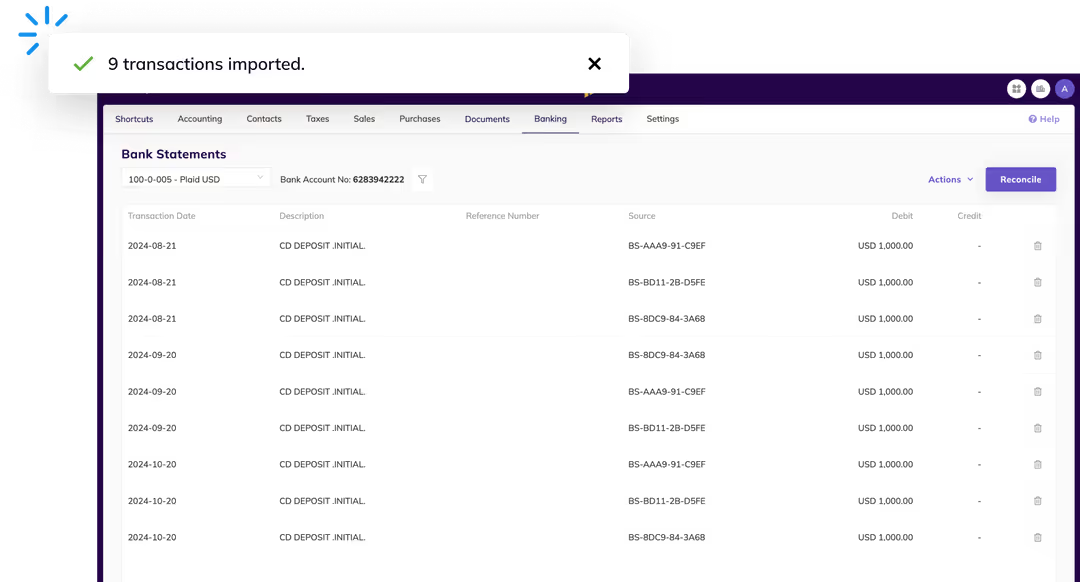
For example, a CPA firm that manages 40 client accounts can upload monthly bank statements in bulk.
Eleven automatically matches 90–95% of entries to invoices or expenses, flagging only unmatched transactions for review.
The general ledger in Eleven is built to support multi-entity, high-volume operations.
Each client or company has its own database and chart of accounts, but all operate under a unified system. This structure allows easy cross-company navigation, bulk journal imports, and consolidated financial reporting.
You can customize account codes, dimensions, and reporting categories. This is a great feature particularly to increase audit consistency.
With Eleven’s GL, a mid-sized CPA practice with 120 clients can keep a uniform chart of accounts while tailoring specific codes for industries like real estate or e-commerce.
Other accountants in the team can switch between entities instantly, with no risk of data crossover or reporting errors.
One of Eleven’s most unique features is a native, built-in document management system.
This DMS stores and organizes files such as invoices, receipts, contracts, and statements within your accounting workflow.
Files can be uploaded manually or captured automatically through AI data extraction. Each document is linked directly to its corresponding transaction or journal entry, providing a complete audit trail.
Documents are stored securely in the cloud (via AWS infrastructure) with encryption, access controls, and full version history.
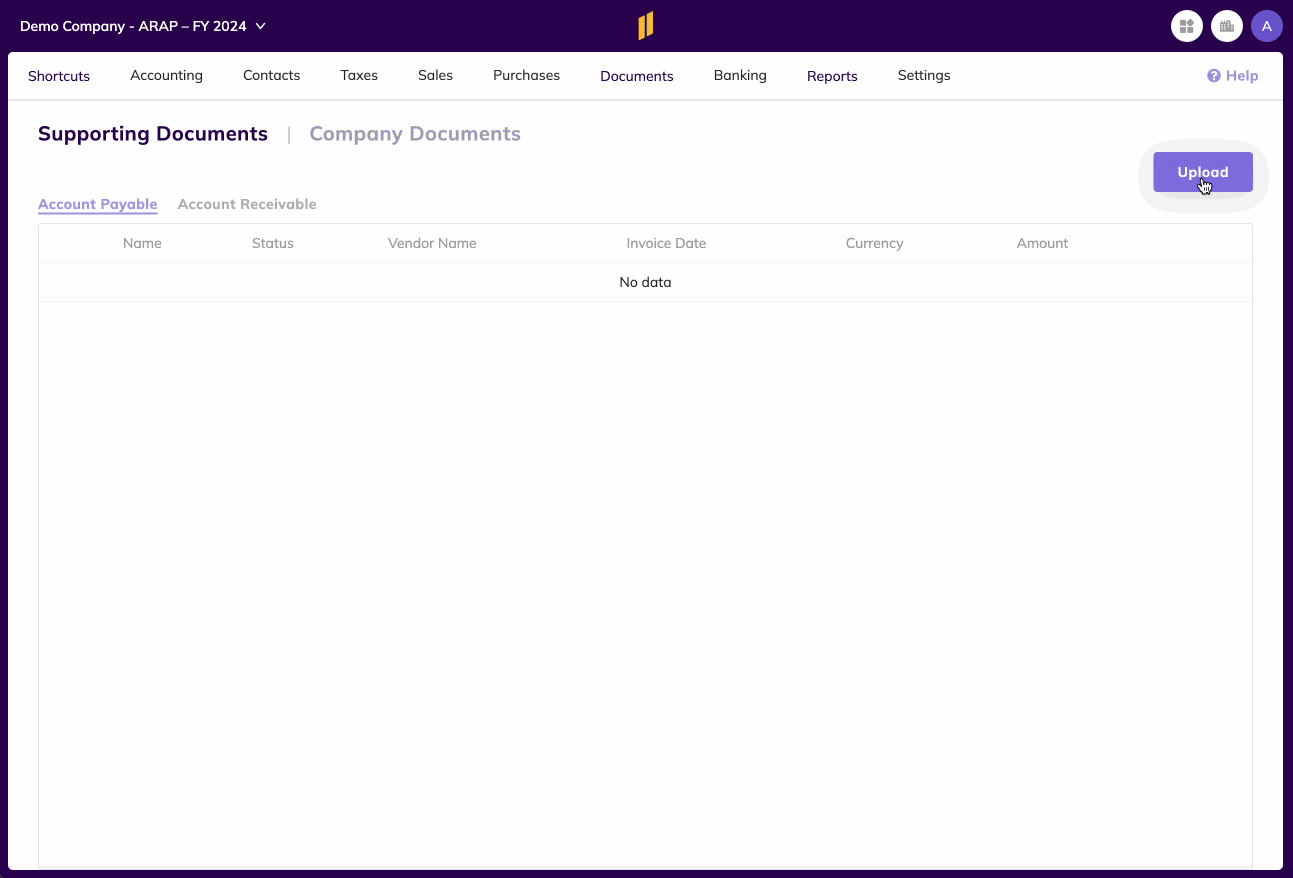
A CPA firm can instantly access all invoices and receipts linked to journal entries to perform audits.
With Eleven’s DMS, there’s no need to chase clients for supporting documents, everything is centralized and searchable. Similarly, a family office managing property investments can attach lease agreements or maintenance contracts directly to expense records for quick retrieval.
Eleven provides a customizable reporting engine with real-time analytics and BI.
You can build financial statements, dashboards, and performance reports tailored to each client’s needs. Reports can include filters by company, project, department, or currency, and can be exported or shared securely with stakeholders.
Advanced analytics highlight trends in cash flow, revenue, expenses, and profitability. For firms, reports can be standardized and automatically generated for all clients on a recurring schedule.
Eleven also includes analytical accounting that allows you to track, categorize, and analyze financial transactions.
It adds dimensions or attributes (such as departments, projects, clients, cost centers, or regions) to each transaction.
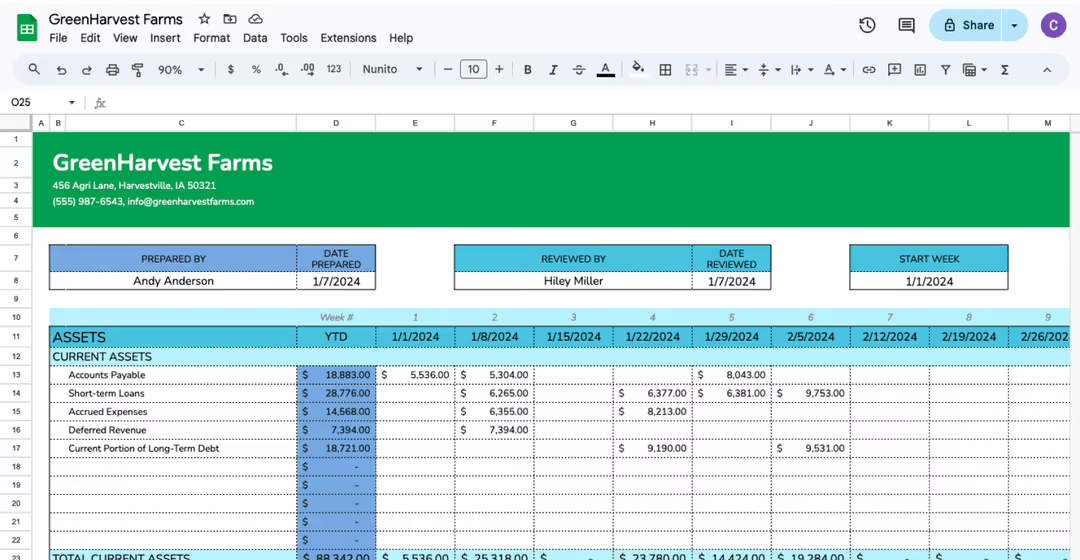
These advanced analytics and reporting are useful if a CPA firm is offering advisory services and needs to create visual dashboards with relevant KPIs.
Additionally, a family office could track investment performance or consolidated wealth across entities, currencies, and asset classes in one view.
With Eleven’s multi-company architecture, you can manage multiple clients or entities under one account.
Each entity has its own general ledger, chart of accounts, users, and permissions, but accountants can switch between them instantly from a centralized dashboard.
The system supports consolidation reporting, cross-entity transactions, and centralized user management, reducing administrative overhead and improving visibility.

For example, a CPA firm with 200 clients can onboard each one in Eleven, assigning dedicated staff to each entity and standardizing workflows.
A family office that is managing five subsidiaries can consolidate financials for group-level reporting in real time, no manual merging or spreadsheets required.
Eleven’s bookkeeping feature uses AI to extract data from invoices, receipts, and bills, even from PDFs or images.
It automatically identifies vendor names, dates, amounts, and line items, then creates corresponding accounting entries. The system continuously improves through machine learning, adapting to each client’s transaction patterns.
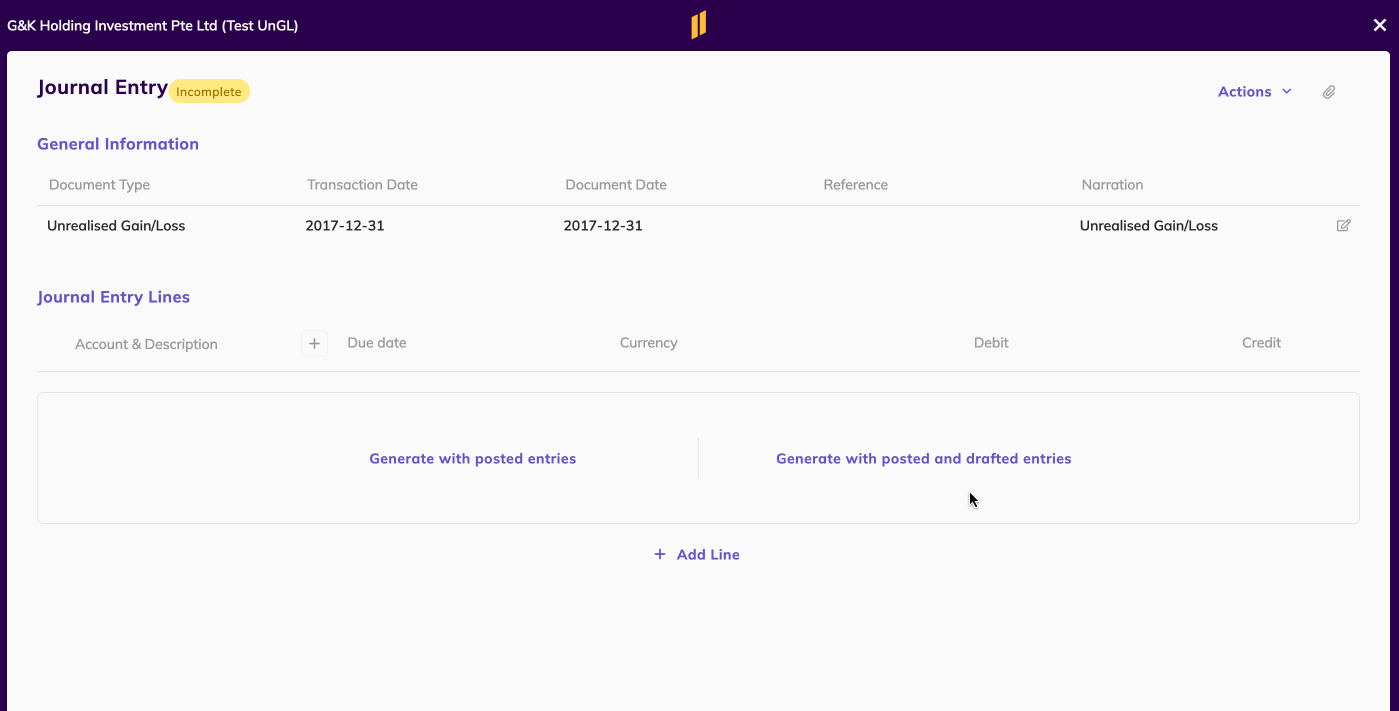
If a bookkeeping team receives hundreds of client invoices monthly, instead of entering each manually, they upload all documents into Eleven.
The AI processes them in seconds, generating accurate transactions ready for review, therefore reducing manual data entry and human error.
Eleven stands out because it specifically caters to firms with the complexity of multi-client, multi-entity, multi-currency operations rather than simple single-company bookkeeping.
Its emphasis on automation via AI (extracting data from PDFs/images, creating entries, matching transactions) sets it apart from more generic tools.
Furthermore, by offering “one database per client company” architecture, with encryption and high-grade backups (via AWS servers) and cloud accessibility, it combines enterprise-grade infrastructure with the flexibility and efficiency required for modern accounting practices.
From user-feedback forums and reviews, Eleven is noted for helping firms scale capacity without proportionally increasing headcount or losing margins, especially when managing many smaller-entity clients that require efficient workflow automation.
Now that you know the most important features, let’s take a looks at Eleven’s strengths and weaknesses.
✔️ Pros:
✖️ Cons:
If your firm manages multiple entities, currencies, or clients, Eleven stands out as one of the most capable AI accounting solutions available today.
It’s built specifically for accountants and family offices that demand automation, scalability, and accuracy. Not just basic bookkeeping.
By automating reconciliation, data entry, and document management, Eleven frees up accountants to focus on advisory and strategic decision-making.
If you’re ready to see for yourself, book a demo now.